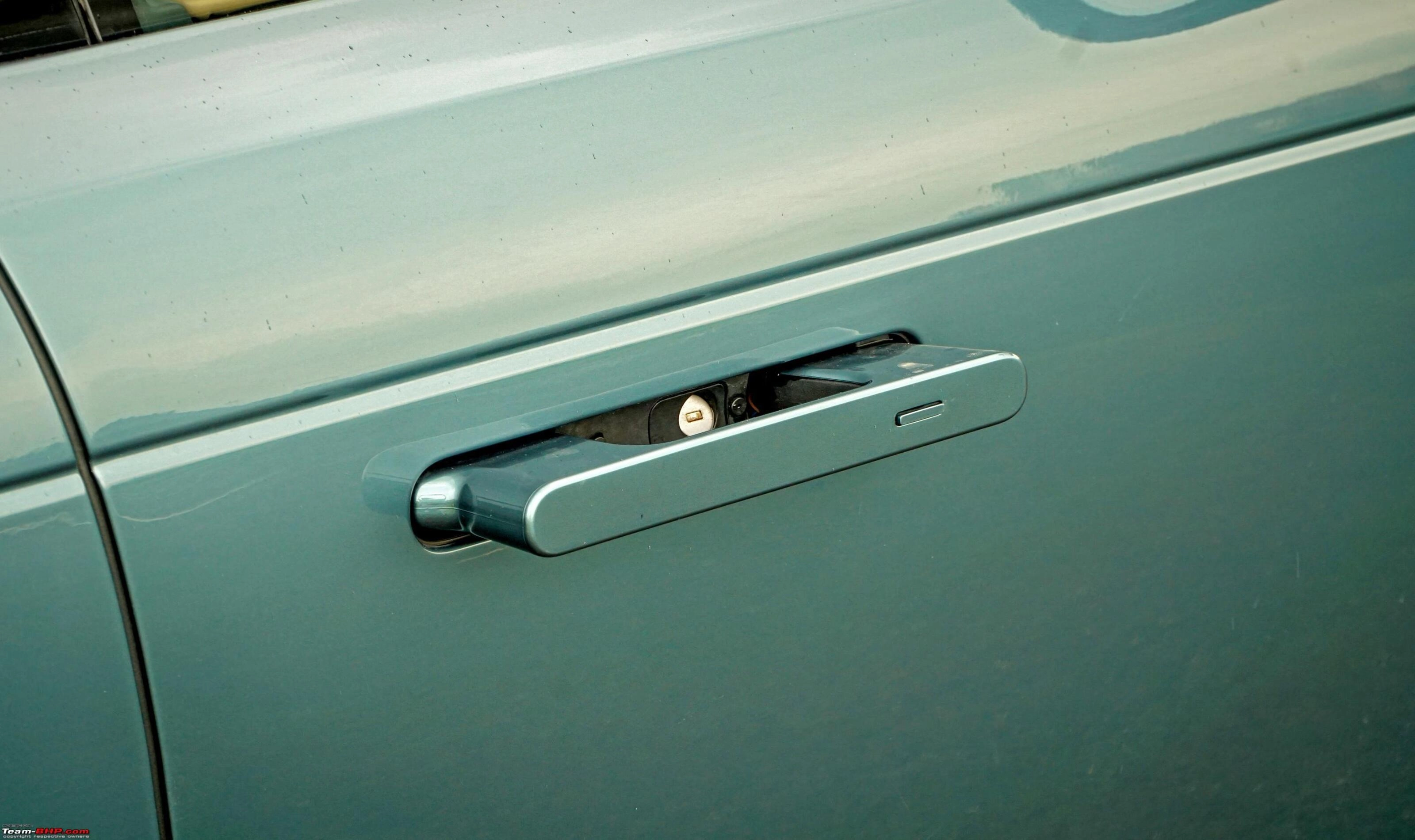BMW has announced that it will be recalling around 1.5 million vehicles as they are facing some issues with their brakes. This has taken a major hit on the share price of the Bavaria-based company. Find details of the cars affected, the problem and BMW’s other problems ahead.
The Problem
BMW has stated that there is a brake system problem, which cost the company around the three-digit million range in the current quarter. BMW models that have been produced since June 2022 include the BMW X1, X2 and X5 SUVs, the Mini Cooper and Countryman, and the luxury Rolls-Royce Spectre. It is recognized that only a small percentage of cars may experience the system malfunction. These vehicles would have been produced at BMW's manufacturing plants in Germany, the UK, France, the US, China, and South Korea.
The manufacturer of integrated braking systems for BMW, Continental, has said that the function of an electronic component may be damaged. This part is what needs to be replaced to solve the problem. It added that there was no hazard of the braking performance going below the legally required standards.
BMW's Peculiar Position
The recalls are not the only problem; BMW will also face issues with the deliveries as they would be suspended for 320,000 cars that were to be handed over to the clients. BMW has also said that it would lead to negative sales figures across the globe in the second half of the year. It comes at a stage where BMW is already facing major issues across the globe. They recently suffered through a decreasing demand in China. BMW also reduced their margin of earnings before interest and taxes (EBIT) from between 8% to 10% to 6% and 7% for 2024.
German Companies in Crisis
Not only BMW but Volkswagen has also been closing multiple factories in Germany recently. Germany's auto industry as a whole will face significant challenges in 2024, driven by the global transition to electric vehicles (EVs), supply chain disruptions, and competitive pressures from countries like China. The shift to EVs, where Germany lags behind competitors like China and Tesla, has further strained the industry. Energy costs and economic stagnation have exacerbated the situation, leading to fears of widespread job losses.
To keep up with all other updates in the car and bike world, click here.

.jpg)


.webp)
.jpg)